The USSR’s past predetermined the present of post-soviet independent states.
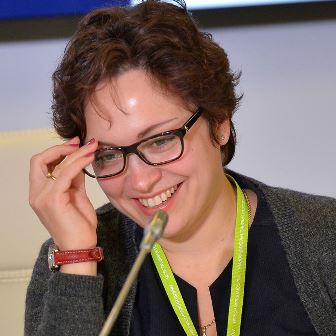 By Olga R. Gulina
By Olga R. Gulina
CEO and founder of the RUSMPI Institute on Migration Policy; Alumna of Moscow School of Political Studies
6 August 2021
The collapse of the USSR was sudden although not as swift as many imagine...




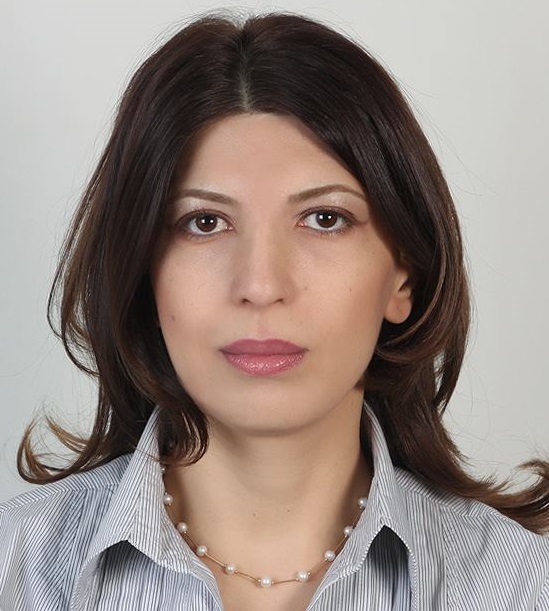 By Tsovinar Hambardzumyan
By Tsovinar Hambardzumyan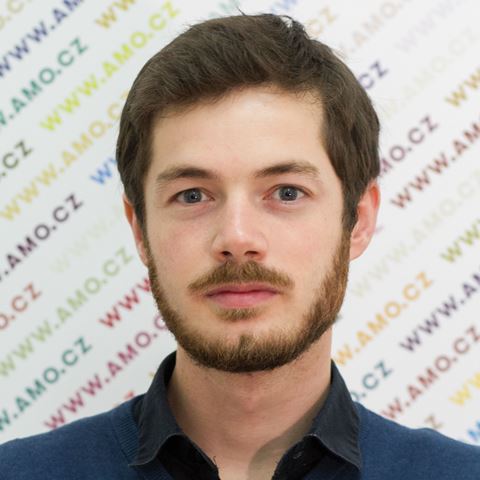 By Tomáš Jungwirth
By Tomáš Jungwirth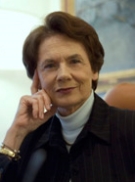 By Catherine Lalumière
By Catherine Lalumière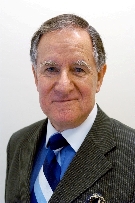
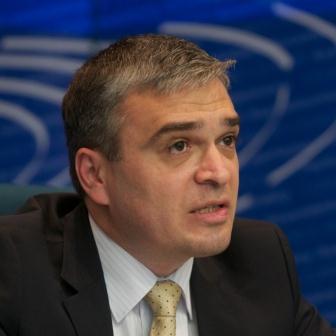 By Ilgar Mammadov
By Ilgar Mammadov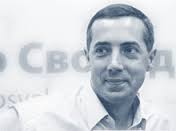 By Mikhail Minakov
By Mikhail Minakov


